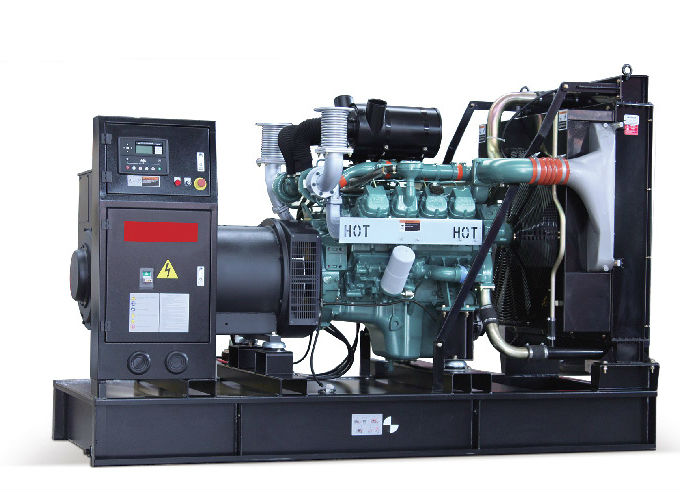
Imagine a world where critical infrastructure such as hospitals, data centres, telecommunication towers, and emergency services are left without power for an extended period. The consequences could be catastrophic, impacting millions of lives. But thanks to diesel generators, these fears can be mitigated. These unsung heroes are at the heart of numerous sectors, providing an essential energy solution that's both dependable and efficient.
Table of Contents
1. An Overview of Diesel Generators
2. The Role of Diesel Generators in Critical Infrastructure
3. Advantages of Diesel Generators
4. Diesel Generators and Sustainability
5. Conclusion
An Overview of Diesel Generators
Diesel generators are a type of generator that utilize diesel fuel to produce electrical energy. This is achieved through the conversion of mechanical energy, generated by the internal combustion of diesel, into electrical energy. Diesel generators are renowned for their robustness, longevity, and fuel efficiency, making them an ideal choice for continuous power supply.
The Role of Diesel Generators in Critical Infrastructure
Critical infrastructure refers to the systems, networks, and assets that are essential to the functioning of a society and its economy. These include telecommunications, healthcare, transportation, water supply, and emergency services among others. In times of power outages or in areas where the grid is unreliable, diesel generators play a crucial role. They provide emergency power, ensuring that these essential services continue to function seamlessly. For instance, in hospitals, diesel generators ensure that life-saving equipment and systems remain operational, even during blackouts.
Advantages of Diesel Generators
There are several reasons why diesel generators are preferred for supporting critical infrastructure. For starters, they provide an immediate source of power, which can be vital during emergencies. They are also known for their durability and can run for extended periods without requiring significant maintenance.
In terms of fuel efficiency, diesel generators outperform their gasoline counterparts. This means they can provide power for longer durations on the same amount of fuel. Additionally, diesel fuel is safer to store and handle, as it is less flammable than gasoline.
Diesel Generators and Sustainability
While diesel generators are not free from environmental impact, technological advancements have significantly reduced their carbon footprint. Modern diesel generators are equipped with advanced emission control technologies, making them a more environmentally friendly option. Moreover, the advent of bio-diesel and synthetic diesel fuels offers a more sustainable energy solution, reducing the dependence on fossil fuels.
Conclusion
Diesel generators are integral to the support of critical infrastructure. They ensure the continuous operation of essential services, providing a reliable and efficient energy solution. Despite the environmental concerns associated with traditional diesel fuel, the industry is making strides towards sustainability. Therefore, when it comes to supporting critical infrastructure, diesel generators are indeed the unsung heroes. Whether it's powering a remote telecommunication tower or providing backup power to a busy hospital, their role is undeniable and indispensable.
While this article has shed light on the importance of diesel generators, it's crucial for us to continue exploring sustainable and efficient energy solutions. As we move towards a future where reliability and sustainability are key, diesel generators will undoubtedly continue to play a significant role.




0 Comments